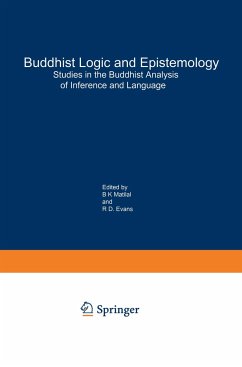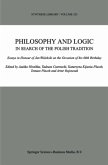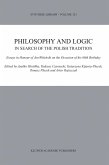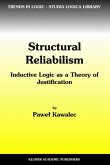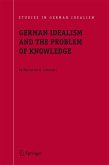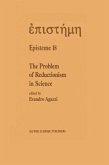For the first time in recent history, seventeen scholars from allover the world (India, Japan, Europe, the United Kingdom, Canada and the United States) collaborated here to produce a volume containing an in-depth study of Buddhist log ical theory in the background of Buddhist epistemology. The Tibetan tradition identifies this important chapter in the history of Buddhist philosophy as the prama~a school. It owes its origin to the writings of the great Buddhist master, Dih naga (circa A. D. 480-540), whose influence was to spread far beyond India, as well as to his celebrated interpreter of sev enth century A. D. , Dharmakirti, whose texts presented the standard version of the school for the later Buddhist and non Buddhist authors for a long time. The history of Buddhist and Indian logical and epistemo logical theories constitutes an interesting study not only for the Buddhist scholars but also for philosophers as well as historians of philosophy in general. Each author of this anthology combines historical and philological scholarship with philosophical acumen and linguistic insight. Each of them uses original textual (Tibetan or Sanskirt) material to resolve logical issues and philosophical questions. Attention has been focused upon two crucial philosophical concepts: trairupya (the "triple" character of evidence) and apoha (meaning as "exclusion"). Broadly the issues are concerned with the problems of inductive logic and the problem of mean ing and universals.
Hinweis: Dieser Artikel kann nur an eine deutsche Lieferadresse ausgeliefert werden.
Hinweis: Dieser Artikel kann nur an eine deutsche Lieferadresse ausgeliefert werden.

